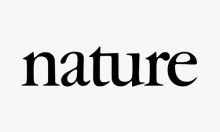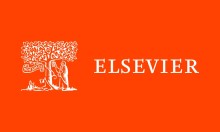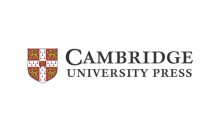Abstract. Promotion is a key reward in academic science normatively associated with performance. Women are underrepresented in science across most countries, particularly in senior roles. Our study investigates the role of merit and several other factors in the promotion to full professor and senior researcher in public scientific institutes, and whether differences between women and men exist....
Junio 2025


Abstract. The recent emergence of participatory and deliberative processes aimed at addressing the complexity of the ecological crisis has raised the questions of how to include the more-than-human in democracy and how new political relationships with the more-than-human can be established. To contribute to this discussion – focusing specifically on relationships with plants – this text explores...
Mayo 2025

Abstract. Farming systems of high natural and cultural value represent approximately 30% of farmlands in the European Union and are associated with a high species and habitat diversity and/or the presence of species of European conservation concern. This study aims to synthesize the existing knowledge on the assessment of biodiversity and ecosystem services, the social-ecological drivers of...

Abstract. This thematic review offers a conceptual and analytical framework to assess, identify, and explain the processes of dualization in labor markets and social protection systems in 21st-century welfare states. After a brief historical examination of the concept's origins, we review the primary definitions, theories, and typologies developed to explore and measure dualization, connecting...

Resumen. En esta entrevista, Ignacio Álvarez Peralta, profesor titular de Economía Aplicada en la Universidad Autónoma de Madrid y exsecretario de Estado de Derechos Sociales (2020-2023), reflexiona sobre la intersección entre su trayectoria académica y su experiencia política. El diálogo explora cómo su investigación sobre economía política, distribución de la renta y relaciones laborales...

Abstract. Recent science and technology studies (STS) debates on valuation mechanisms have highlighted how social, ethical, and political values are embedded in scientific and technological practices—particularly through regulation and market design. In this context, scholars working on assisted reproductive technologies (ART) have examined how bodies, tissues, and reproductive labor are...

Abstract. Agri-environmental schemes (AES), a subtype of payments for ecosystem services (PES), aim to address Europe’s environmental and climate objectives by incentivising farmers to maintain or shift to farming practices that deliver additional ecosystem services (ES). We develop a theory of change (ToC) for AES, reviewing nine European case studies at different implementation stages, yet all...
Abril 2025

Abstract. This paper develops an economic decision model to identify areas of economic opportunity for woodland expansion on land currently used for livestock farming in Scotland, assessing its potential contribution to achieving net-zero targets. Using high-resolution data, the model accounts for spatial variability in soil carbon stocks, timber yield classes, livestock stocking rates, and the...
Marzo 2025

Abstract. We track how temporal mappings of climate change relate to individuals’ actions to address the climate crisis. We consider multiple aspects of temporal maps and so make two innovations over the literature to date. First, we examine how individuals coordinate their actions across both their own expectations of the future (first-order futures) and their sense of others’...

Abstract. This study explores the role of influencers in shaping public opinion about feminism in Spain, a country where gender equality and feminist discourse have gained relevant public prominence. Although the figure of the influencer may appear novel, the process of opinion formation mirrors that which has historically prevailed for celebrities in traditional media. However, the inherent...


